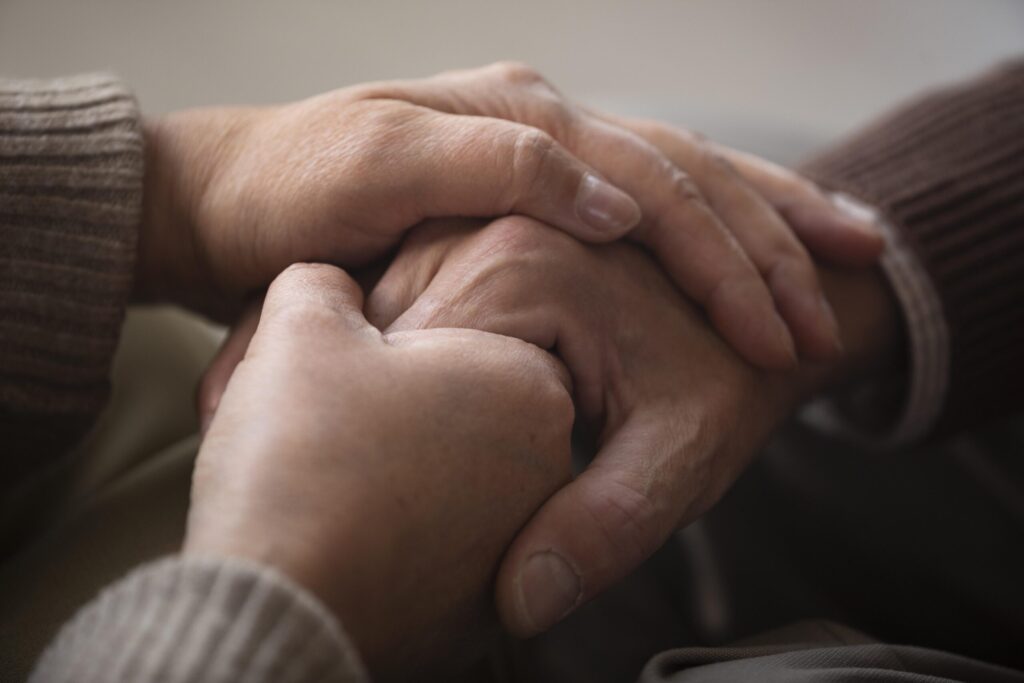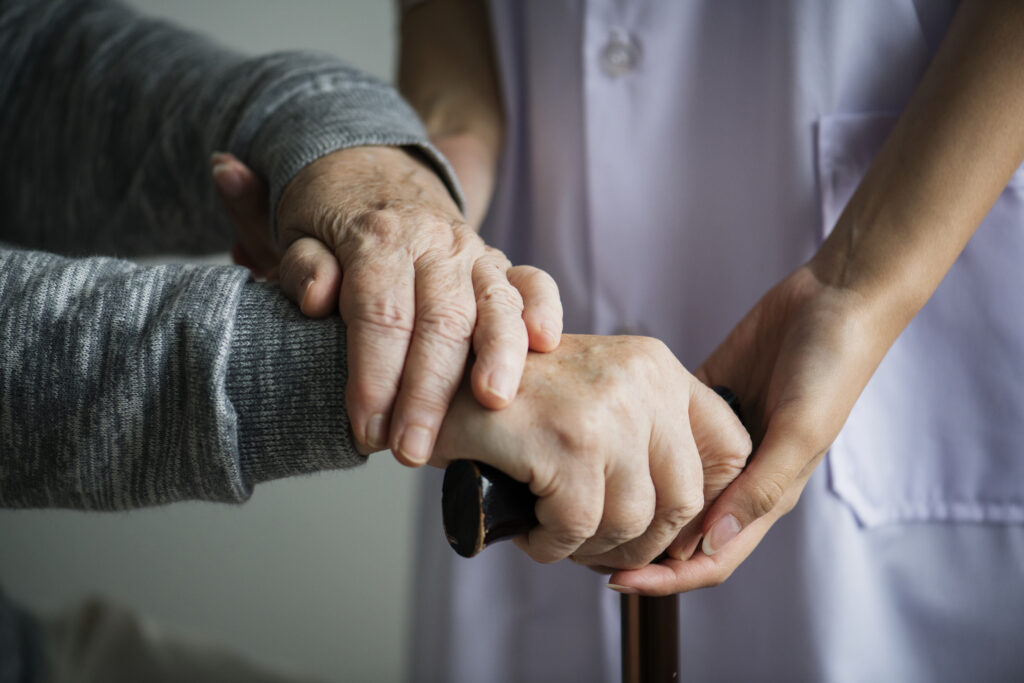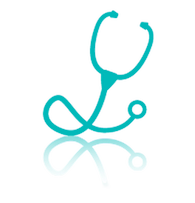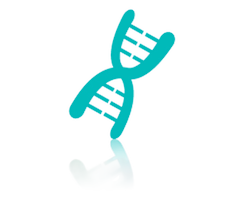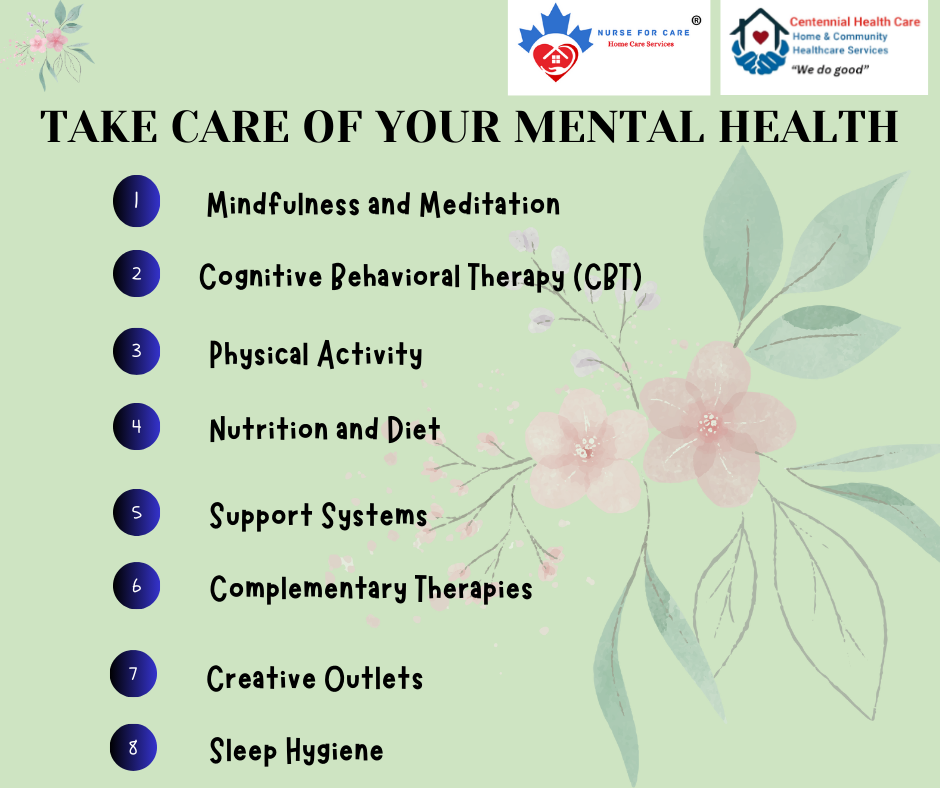
Imagine having a weight that won’t go away when you wake up every day—a persistent discomfort, burning, or throbbing that interferes with everything you do. In addition to being a physical hardship, chronic pain is a relentless thief that drains people’s vitality, self-reliance, and happiness. Its effects extend beyond the body and into mental health, resulting in a complicated cycle of worry, despair, and discomfort.
An estimated 50 million persons in the United States alone experience chronic pain, with many experiencing psychological as well as physical symptoms. Addressing the entire range of difficulties that chronic pain poses begins with an understanding of this connection. Let’s examine how holistic techniques are changing lives and dive into the psychological impact that chronic pain takes.
The Emotional Cost of Chronic Pain
Chronic pain is not a singular occurrence. It has complex relationships with mental health, resulting in a vicious cycle in which pain makes people feel more distressed, and emotional distress makes people feel more pain.
- Depression and anxiety: Feelings of helplessness and hopelessness are common symptoms of depression and are often brought on by living with constant pain. As people worry about their health affecting their loved ones, their pain getting worse, or their ability to operate, anxiety becomes another companion.
- Social Isolation: People who experience chronic pain may find it difficult to engage in social and physical activities, which can make them feel alone. This isolation can worsen loneliness and undermine self-worth, which can exacerbate mental health issues.
- Sleep Disturbances: Pain frequently interferes with sleep, and insufficient sleep exacerbates emotional discomfort and pain perception. The end effect is a vicious cycle in which physical and mental difficulties are made worse by fatigue.
Breaking the Cycle: Holistic Pain Management
Medications or invasive procedures are frequently used in traditional pain management. Although some people find success with these techniques, they hardly ever address the psychological aspects of chronic pain. In contrast, a holistic approach treats the person as a whole and recognizes the mind-body link.
The following are a few game-changing methods for comprehensive chronic pain management:
- Meditation and mindfulness:
People who practice mindfulness learn to tolerate discomfort without passing judgment and to concentrate on the here and now. It has been demonstrated that techniques like mindful breathing and guided meditation can lower stress and increase pain tolerance.
According to research, mindfulness-based stress reduction (MBSR) training can lessen the intensity of chronic pain and the anxiety and sadness that go along with it. Mindfulness enables people to live with suffering instead of allowing it to rule their life by cultivating a sense of control over emotional reactions.
- Cognitive Behavioral Therapy (CBT):
One of the mainstays of holistic pain management is CBT. This therapy breaks the cycle of worrying that frequently accompanies chronic pain by helping people reframe unfavourable cognitive patterns.
For example, someone may believe, “My life is ruined; this pain will never go away.” using a more balanced viewpoint, CBT assists individuals in disputing this idea: “The pain is challenging, but I can manage it with strategies that work for me.”
- Movement Therapies
For many people with chronic pain, physical activity can be intimidating, but it can also alter their life. Yoga, tai chi, and water exercises are examples of gentle movement therapies that increase flexibility, decrease stiffness, and produce endorphins, which are naturally occurring mood enhancers.
These activities not only improve physical health but also foster resilience and a sense of accomplishment, which improve mental health.
- Nutrition and Diet
Our diet has a big impact on how we control inflammation and maintain general health. Pain levels can be lowered by eating a diet high in anti-inflammatory foods such fruits, vegetables, whole grains, and omega-3 fatty acids.
By guaranteeing that the body and brain receive vital minerals like magnesium, zinc, and B vitamins, proper diet also promotes mental wellness.
- Support Networks
Making connections with people who share your experience can be incredibly healing, even when chronic pain can feel lonely. Online or in-person support groups provide a secure environment for exchanging coping mechanisms, sharing experiences, and creating enduring friendships.
In a similar vein, including close friends or family in your care journey can assist lessen the gap between your requirements and their comprehension of your inner challenges.
- Complementary Therapies
The benefits of alternative therapies including massage therapy, chiropractic adjustments, and acupuncture in the management of chronic pain are becoming more widely acknowledged. For instance, massage therapy can ease stress and encourage relaxation, while acupuncture may be beneficial by triggering the body’s natural pain-relieving processes.
These therapies frequently work effectively in conjunction with conventional therapies, offering a comprehensive strategy that addresses both emotional and physical suffering.
- Creative Outlets
Painting, writing, playing music, or making are examples of creative pursuits that can be effective ways to process emotions and divert attention from suffering. Being creative gives one a sense of achievement and purpose, both of which are critical for mental health.
A sense of release and emotional healing are fostered for some people by using creative outlets as a means of expressing the challenges of living with chronic pain.
- Sleep Hygiene
Developing proper sleep hygiene is essential since chronic pain and sleep disruptions are linked. A regular sleep schedule, a calming nighttime ritual, and maximizing the sleep environment by reducing light, noise, and technology distractions are some strategies.
In certain situations, people can enhance their general rest and reframe negative associations with sleep with the aid of cognitive-behavioral treatment for insomnia (CBT-I), which lessens the emotional toll that both pain and sleep deprivation take.
The Path Ahead
Holistic pain care is a process of empowerment and self-discovery rather than a quick fix. It calls for perseverance, patience, and an openness to trying new things. But for a lot of people, this route provides hope—a means of taking back their life from the hold of chronic pain.
Remember that you are not alone if you or someone you know is dealing with chronic pain. There are communities, experts, and resources devoted to helping you. Holistic methods provide the door to a better, more balanced future by treating pain’s emotional and physical components.
Let’s challenge the narrative that chronic pain must define one’s existence. It’s possible to flourish alongside the pain, not in spite of it, if you have the necessary resources, compassion, and creativity.

